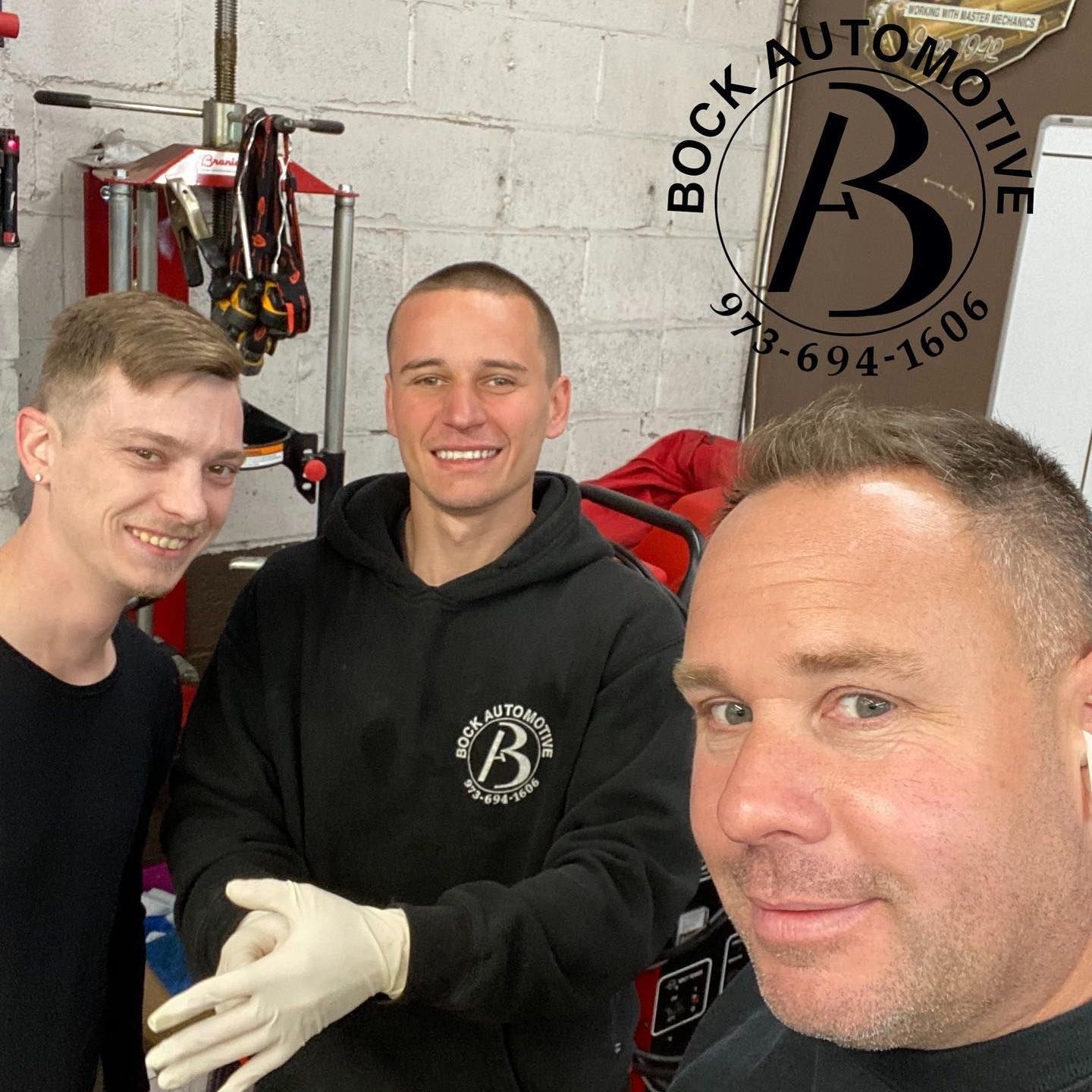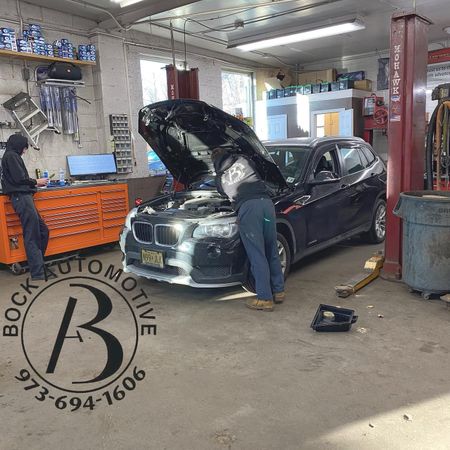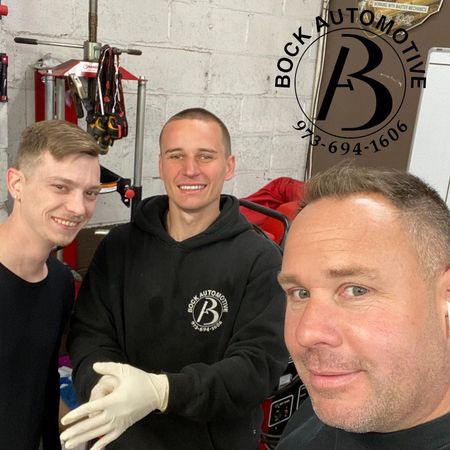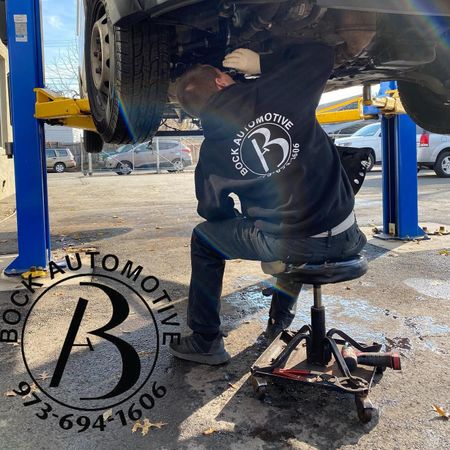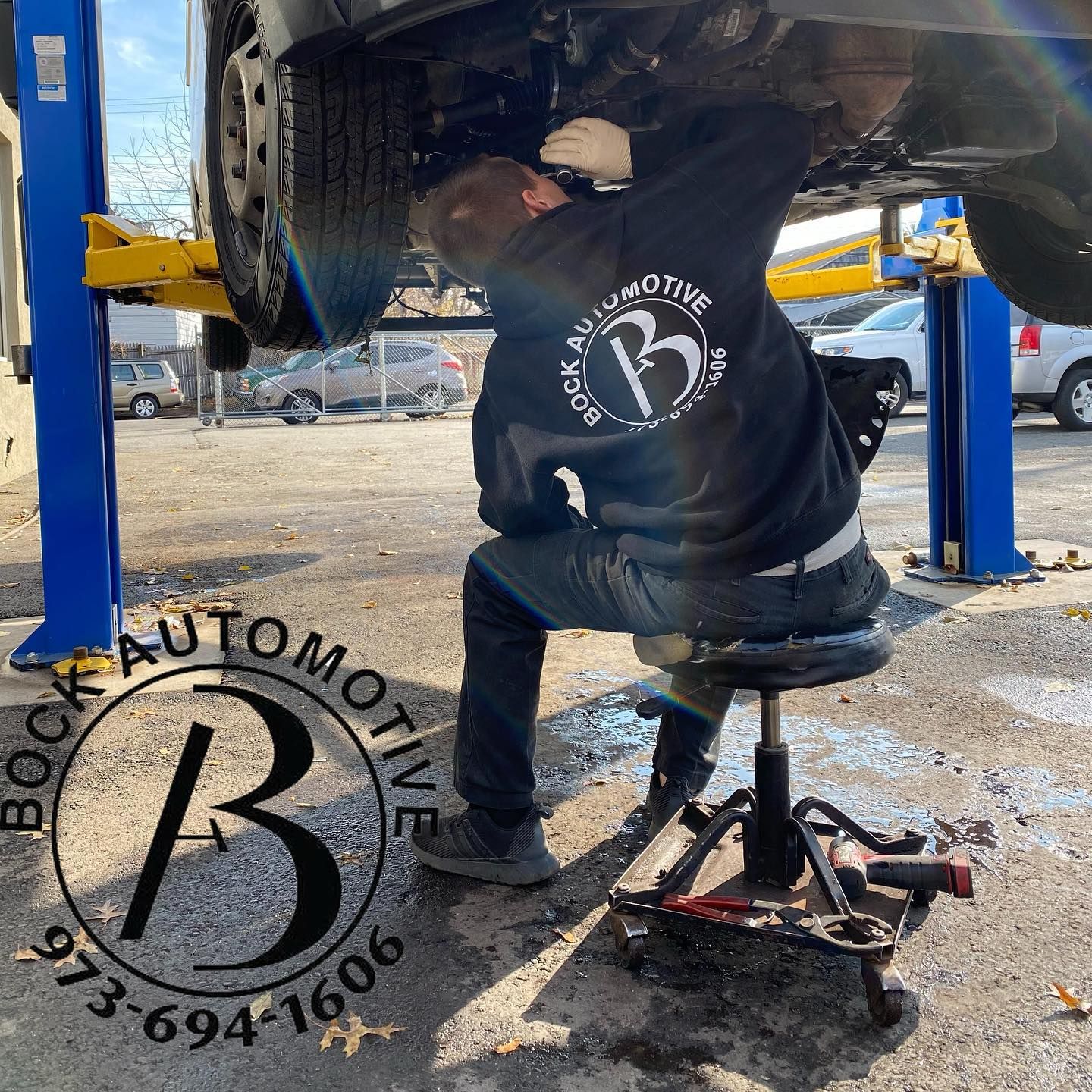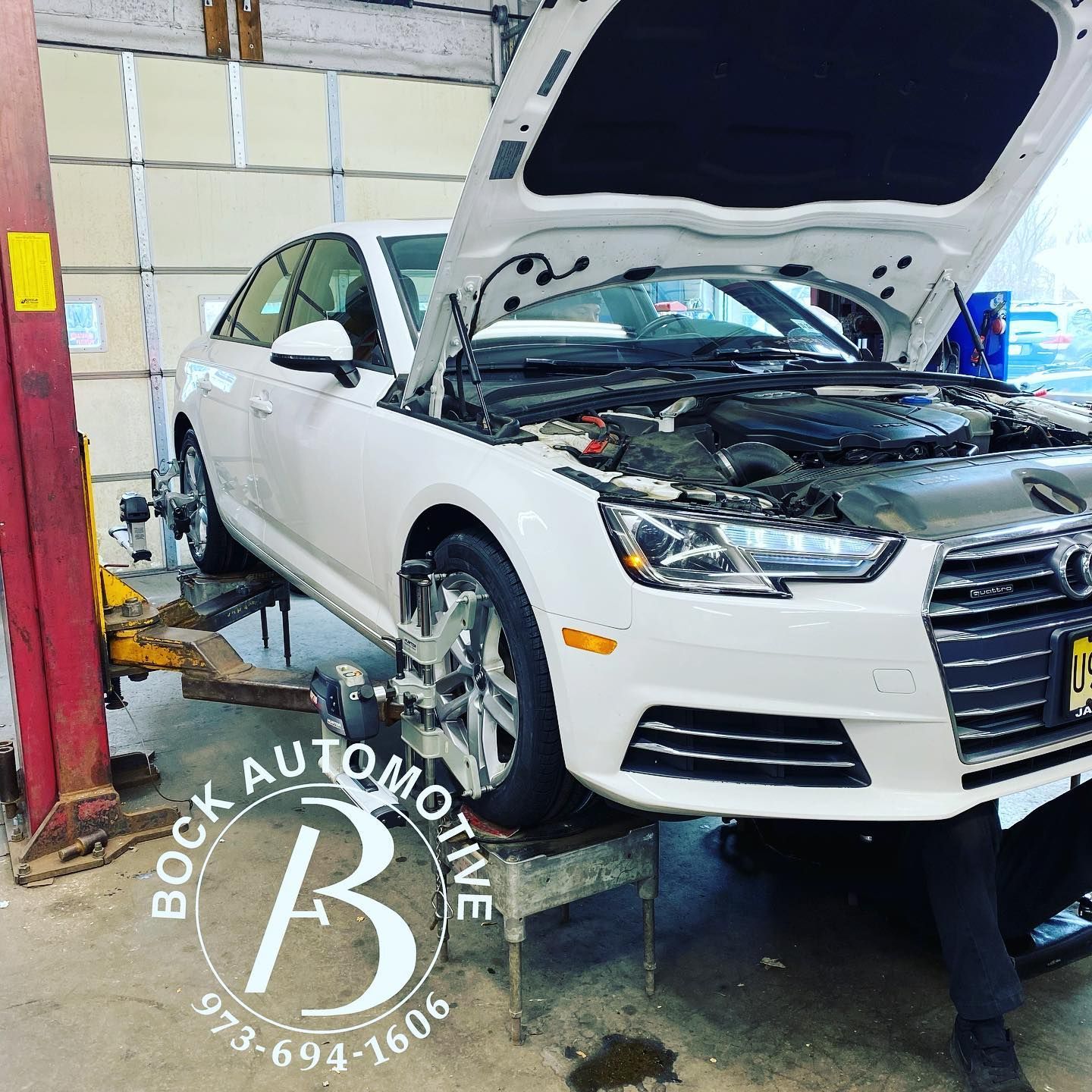By Bill Bock
•
September 22, 2025
The check engine light is one of the most misunderstood warning signals in your vehicle. When this amber or orange light illuminates on your dashboard, it can cause immediate anxiety and confusion about what to do next. While the light doesn't necessarily mean your engine is about to fail, it does indicate that your vehicle's computer system has detected a problem that needs attention. For drivers in Pequannock Township, knowing how to respond to a check engine light can save money, prevent more serious problems, and ensure you don't get stranded during important trips. The key is responding appropriately based on how the light behaves and what other symptoms you notice. Taking the right steps when your check engine light comes on can mean the difference between a simple fix and an expensive repair. Don't Panic, but Don't Ignore It Either When your check engine light first appears, take a deep breath and assess the situation calmly. This light doesn't mean you need to pull over immediately unless you notice other serious symptoms like overheating, unusual noises, or loss of power. The check engine light is part of your vehicle's onboard diagnostic system, which monitors dozens of sensors throughout the engine and emissions system. When this system detects a problem, it stores a diagnostic code and illuminates the warning light to alert you. However, the light coming on doesn't tell you how serious the problem is or how quickly it needs attention. Some issues require immediate service, while others can wait a few days without causing additional damage. Pay attention to how the light behaves. A steady light typically indicates a less urgent problem, while a flashing check engine light signals a serious issue that can cause immediate damage to your engine or catalytic converter. Immediate Steps to Take When the check engine light comes on, note any changes in how your vehicle runs. Does it idle roughly, hesitate during acceleration, or make unusual noises? These symptoms can help technicians diagnose the problem more quickly. Check your gas cap first, as a loose or damaged cap is one of the most common causes of check engine lights. Make sure the cap is tight and properly seated. If the cap appears damaged or the seal looks worn, replacing it might solve the problem. Pay attention to your vehicle's performance over the next day or two. If the car runs normally aside from the light, you likely have time to schedule service at your convenience. If you notice performance problems, schedule service sooner. Avoid hard acceleration, high speeds, and heavy loads until you determine what's causing the light. While you can usually drive normally with a steady check engine light, it's wise to be gentle with your vehicle until the problem is identified. When to Stop Driving Immediately A flashing check engine light indicates a serious problem that requires immediate attention. This typically means your engine is misfiring, which can damage the catalytic converter and other expensive components within minutes. If your check engine light flashes, pull over safely as soon as possible and turn off the engine. Call for professional assistance rather than continuing to drive, as additional driving can cause thousands of dollars in damage. Other symptoms that warrant immediate attention include overheating, unusual noises, loss of power, or strong exhaust odors inside the cabin. These problems can indicate serious safety issues that shouldn't be ignored. If your vehicle goes into "limp mode" — where it significantly reduces power and performance — stop driving and seek professional help. This safety feature prevents further damage but indicates a serious problem. Common Causes of Check Engine Lights Oxygen sensor failures are among the most common causes of check engine lights. These sensors monitor your engine's air-fuel mixture and can affect fuel economy and emissions when they fail. While not immediately dangerous, faulty oxygen sensors should be replaced promptly to prevent damage to other components. Catalytic converter problems often trigger check engine lights and can be expensive to repair. However, catalytic converter failures are often caused by other problems like faulty oxygen sensors or engine misfires that weren't addressed promptly. Mass airflow sensor issues can cause check engine lights along with poor fuel economy and rough running. These sensors measure the amount of air entering your engine and are critical for proper fuel mixture calculations. Spark plug and ignition coil problems frequently cause check engine lights, especially in higher-mileage vehicles. These components wear over time and can cause misfires that trigger the warning light. Vacuum leaks can cause check engine lights and affect engine performance. These leaks are often caused by cracked or deteriorated hoses that become brittle over time. The Importance of Professional Diagnosis While many auto parts stores offer free code reading, this only tells you what triggered the check engine light — not necessarily what's wrong or how to fix it. Professional diagnosis goes beyond simple code reading to identify the actual problem. Modern vehicles have complex computer systems with hundreds of diagnostic codes. The same code can be triggered by multiple different problems, making proper diagnosis crucial for effective repairs. Professional technicians have access to manufacturer-specific diagnostic tools and databases that provide detailed troubleshooting procedures. This equipment can perform tests that simple code readers cannot, leading to more accurate diagnoses. Attempting to fix check engine light problems without proper diagnosis often leads to replacing parts that aren't actually faulty, wasting money and time while the real problem remains unresolved. Avoid These Common Mistakes Don't ignore a check engine light hoping it will go away on its own. While the light might turn off temporarily, the underlying problem usually remains and often gets worse over time. Avoid the temptation to reset the light without addressing the problem. Some people disconnect the battery or use code readers to clear codes, but this doesn't fix anything and can actually make diagnosis more difficult. Don't assume that expensive repairs are always necessary. Many check engine light problems have relatively simple and inexpensive solutions when caught early. Delaying diagnosis often makes problems more expensive to fix. Resist the urge to keep driving "because the car seems fine." Some problems that trigger check engine lights can cause additional damage even when the vehicle appears to run normally. Understanding Diagnostic Codes Diagnostic codes follow a standard format that provides information about the problem area. These alphanumeric codes help technicians identify which system triggered the light and narrow down potential causes. However, codes indicate symptoms rather than specific failed parts. For example, a code indicating "oxygen sensor low voltage" might be caused by a faulty sensor, wiring problems, vacuum leaks, or fuel system issues. Professional diagnosis involves testing the components and systems indicated by the codes to determine the actual cause of the problem. This process often reveals issues that aren't immediately obvious from the codes alone. Cost Considerations and Prevention Early diagnosis and repair typically cost much less than waiting until problems become severe. A simple oxygen sensor replacement might prevent expensive catalytic converter damage, while ignoring engine misfires can lead to major engine repairs. Regular maintenance can prevent many check engine light problems. Fresh spark plugs, clean air filters, and proper fuel system maintenance keep engines running efficiently and reduce the likelihood of sensor failures. Quality repairs using proper parts reduce the chances of recurring problems. While cheaper parts might seem attractive, they often fail sooner and can cause additional problems that weren't present originally. Digital Age Solutions Modern diagnostic equipment can provide detailed information about your vehicle's systems and help predict potential problems before they trigger warning lights. This technology allows technicians to identify issues during routine maintenance rather than waiting for failures. Some shops now offer digital inspection reports that include diagnostic information, helping you make informed decisions about repairs and maintenance. These reports can also help track patterns that might indicate developing problems. Take Action Today Don't let a check engine light turn into a major repair expense through neglect. While not every check engine light indicates an emergency, all deserve prompt professional attention to prevent more serious problems. The experienced technicians at Bock Automotive use state-of-the-art diagnostic equipment to quickly identify check engine light problems and recommend cost-effective solutions. Our comprehensive diagnostic process goes beyond simple code reading to identify root causes and prevent recurring issues. We provide clear explanations of diagnostic findings and repair recommendations, helping you make informed decisions about your vehicle's care. Our digital vehicle inspections can be texted or emailed to you, showing exactly what's causing your check engine light. Don't guess about check engine light problems or hope they'll resolve themselves. Contact Bock Automotive today at (973) 320-7520 to schedule your diagnostic appointment. Visit us at 1 Irving St in Pequannock Township, where our skilled technicians will identify the problem accurately and provide reliable solutions backed by our nationwide 2-year or 24,000-mile warranty. Take action now to protect your investment and ensure reliable transportation for years to come.
